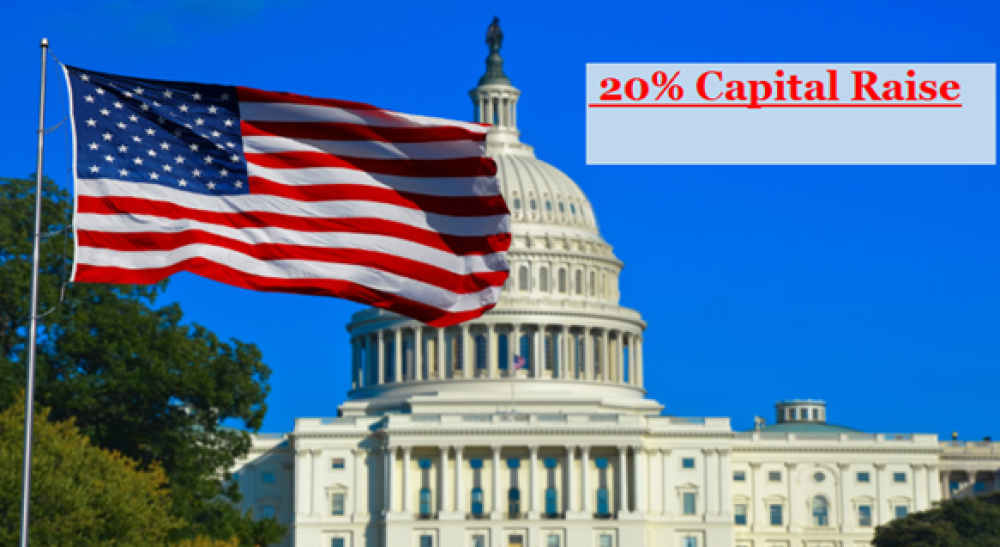All the content is provided for general information only and trade signals should not be construed as any form of regulated advice. It does not take into consideration your personal circumstances, including your investment objectives, risk profile, tax status, knowledge and understanding or financial situation. Past performance is no guarantee of future results.
The new laws from US financial regulators could result in as high as 20% capital hikes for US banks. This move comes amid the world's push for harmonizing capital markets. Meanwhile, reports indicate that US regulators, including the Federal Reserve, will unveil new financial regulations by the end month. Experts have predicted tougher requirements for major banks. The new bill will facilitate the final batch of the Basel Committee global capital laws.
In any case, the committee laid out several proposals for banking regulators that would take effect in early 2025. A top regulatory official at the Federal Reserve, Mr. Michael Barr, told the House of Congress in May that the central bank would likely unveil a ratchet-up plan for banks’ capital regulations this Summer. Michael clarified that the Fed would ensure aggressive supervision to help police bank lenders after the recent turmoil in the banking sector.
In addition, he explained that the US central bank was carefully forging new regulations for the regional banks. A former Federal Reserve official, Randal Quarles, warned in 2021 that implementing all the Basel regulation proposals might cause as high as 20% increases in capital requirements for larger banks. In the meantime, the Wall Street Journal has announced that capital requirements would vary based on the nature of the bank's operations.

With big trading activities, United States megabanks such as Wells Fargo, City Bank, and JPMorgan would face the highest increase. On the other hand, banks like the credit card giant AXP.N (American Express) and MS.N (Morgan Stanley) might also face higher capital raises. These banks rely on fee income like wealth management and investment banking, which might face a direct impact. But American Express and Morgan Stanley have not commented on these updates.
In general, capital standards provide a buffer between systemic risks and losses. However, it can constrain other asset growth like the banks’ lending potential. The House of Congress has perennially discussed the balance between regulatory burden and prudential standards due to the tradeoff between performance and safety. But how do capital ratios cause a positive impact on the bank's performance?
Higher bank capital levels raise the bank's incentive to regulate lending since shareholders will lose more due to a failure and also gain a larger assets payoff share. Experts believe higher capital requirements for banks reduce their risk-taking and manage their financial competition. This whole idea is on the basis that capital requirements are costlier to smaller banks than larger ones.